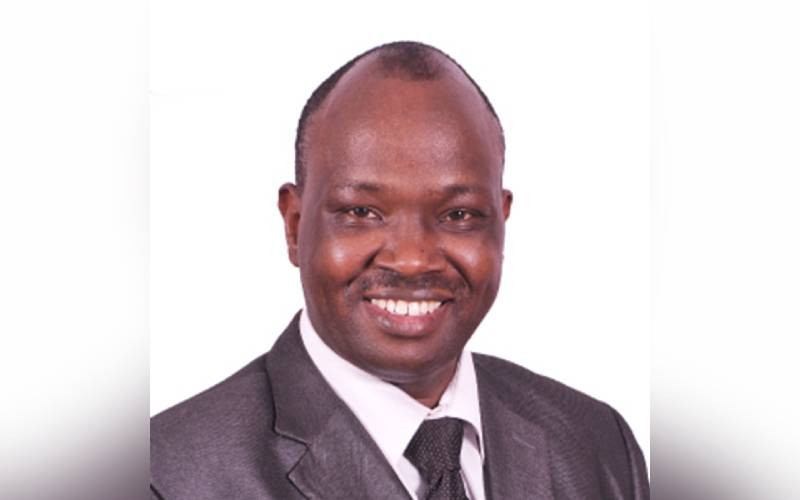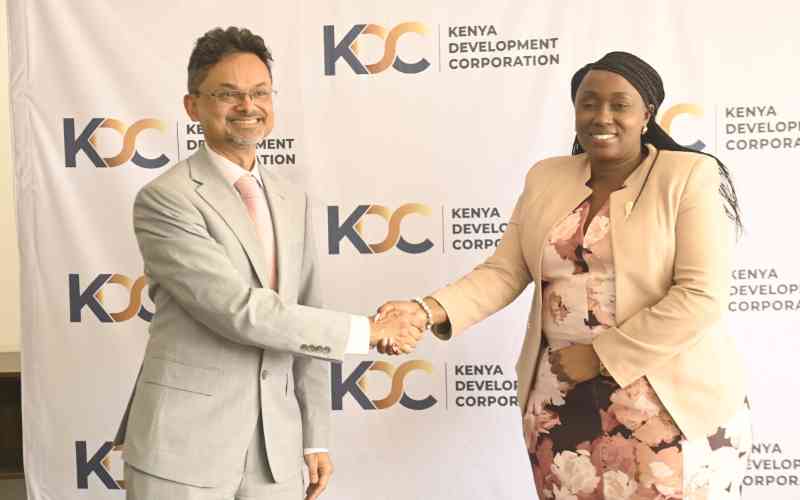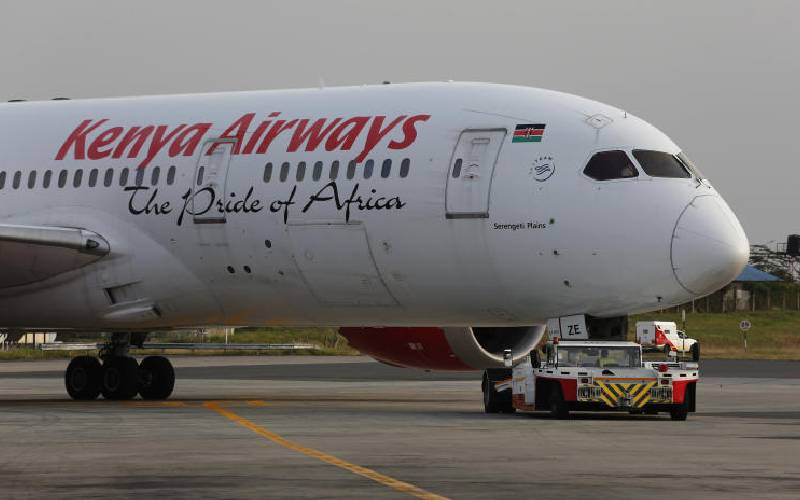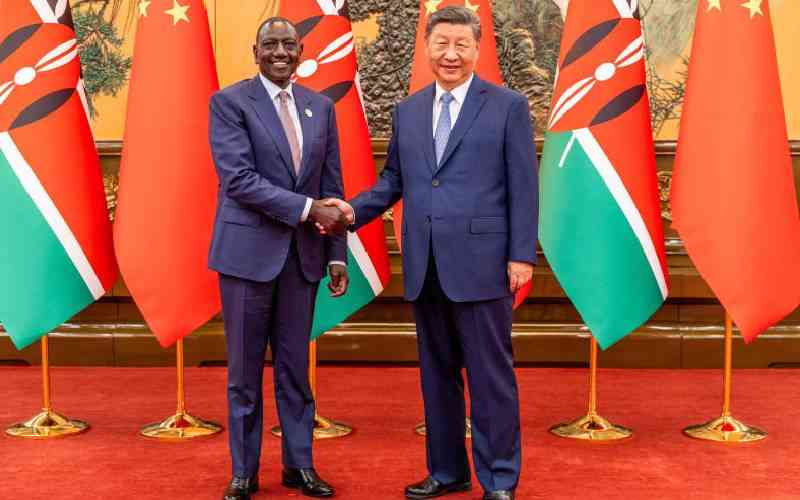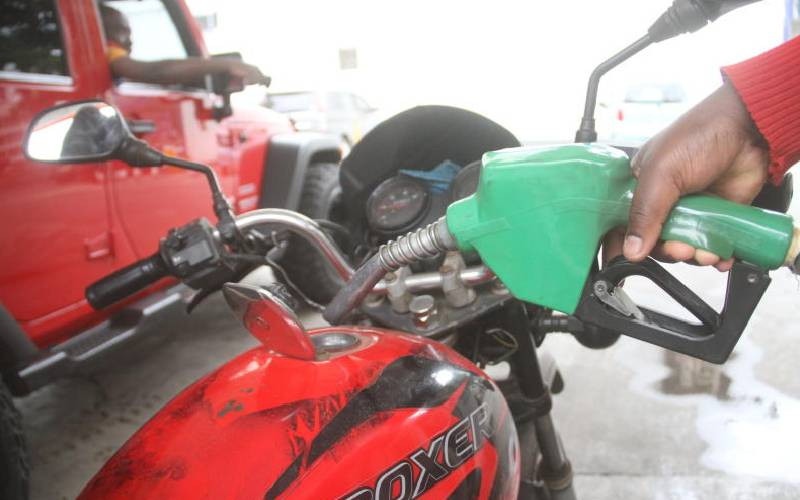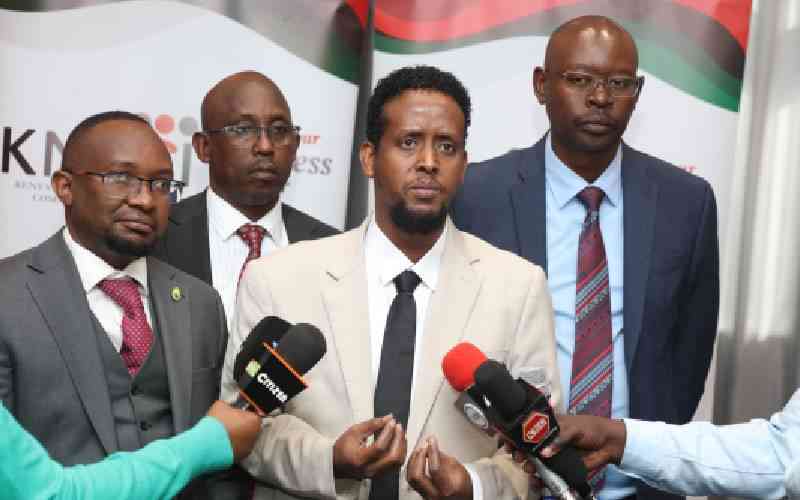×
The Standard e-Paper
Smart Minds Choose Us
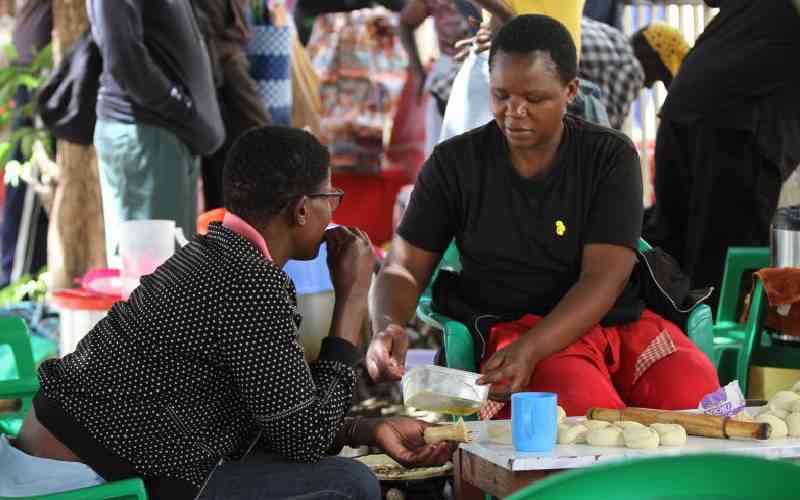
The scorching sun reminds us every day how life is becoming hard. It's as if the sun has dropped a bit towards the earth. This city has never been that hot in the last 40 years, one does not need to be a meteorologist. It's not just the weather that signifies life is hard economically.
On the streets, in the morning and evening, hordes of men and even women walk to and from Westlands to CBD. Others along Thika road, Waiyaki Way and Lang'ata Road.
